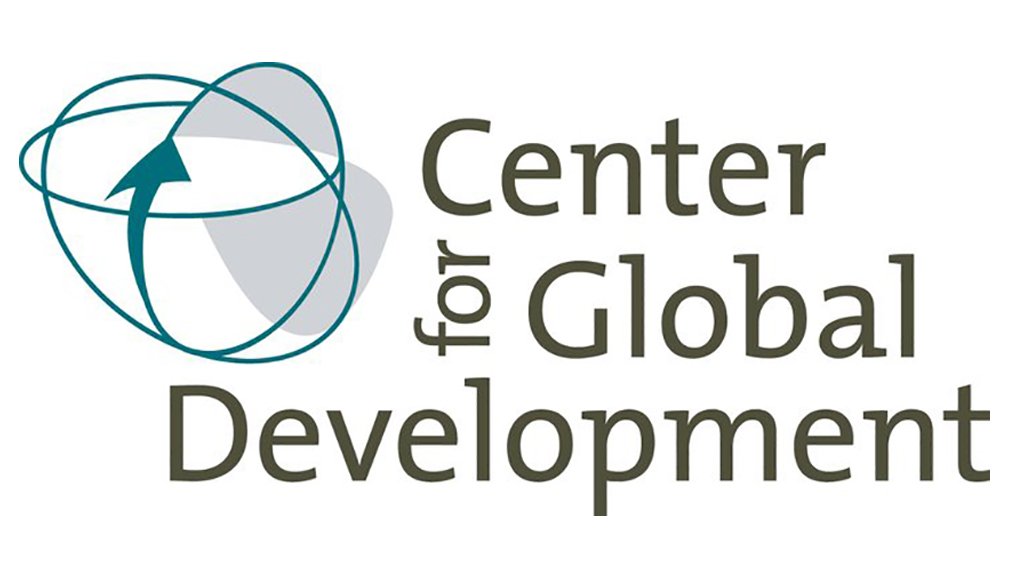- Migration from Developing Countries: Selection, Income Elasticity, and Simpson’s Paradox1.09 MB
How does immigration affect incomes in the countries migrants go to, and how do rising incomes shape emigration from the countries they leave? The answers depend on whether people who migrate have higher or lower productivity than people who do not migrate. Theory on this subject has long exceeded evidence.
We present estimates of emigrant selection on both observed and unobserved determinants of income, from across the developing world. We use nationally representative survey data on 7,013 people making active, costly preparations to emigrate from 99 developing countries during 2010–2015.
We model the relationship between these measures of selection and the income elasticity of migration. In low-income countries, people actively preparing to emigrate have 30 percent higher incomes than others overall, 14 percent higher incomes explained by observable traits such as schooling, and 12 percent higher incomes explained by unobservable traits. Within low-income countries the income elasticity of emigration demand is 0.23.
The world’s poor collectively treat migration not as an inferior good, but as a normal good. Any negative effect of higher income on emigration within subpopulations can reverse in the aggregate, because the composition of subpopulations shifts as incomes rise—an instance of Simpson’s paradox.
Report by the Center for Global Development ![]()
EMAIL THIS ARTICLE SAVE THIS ARTICLE ARTICLE ENQUIRY
To subscribe email subscriptions@creamermedia.co.za or click here
To advertise email advertising@creamermedia.co.za or click here











